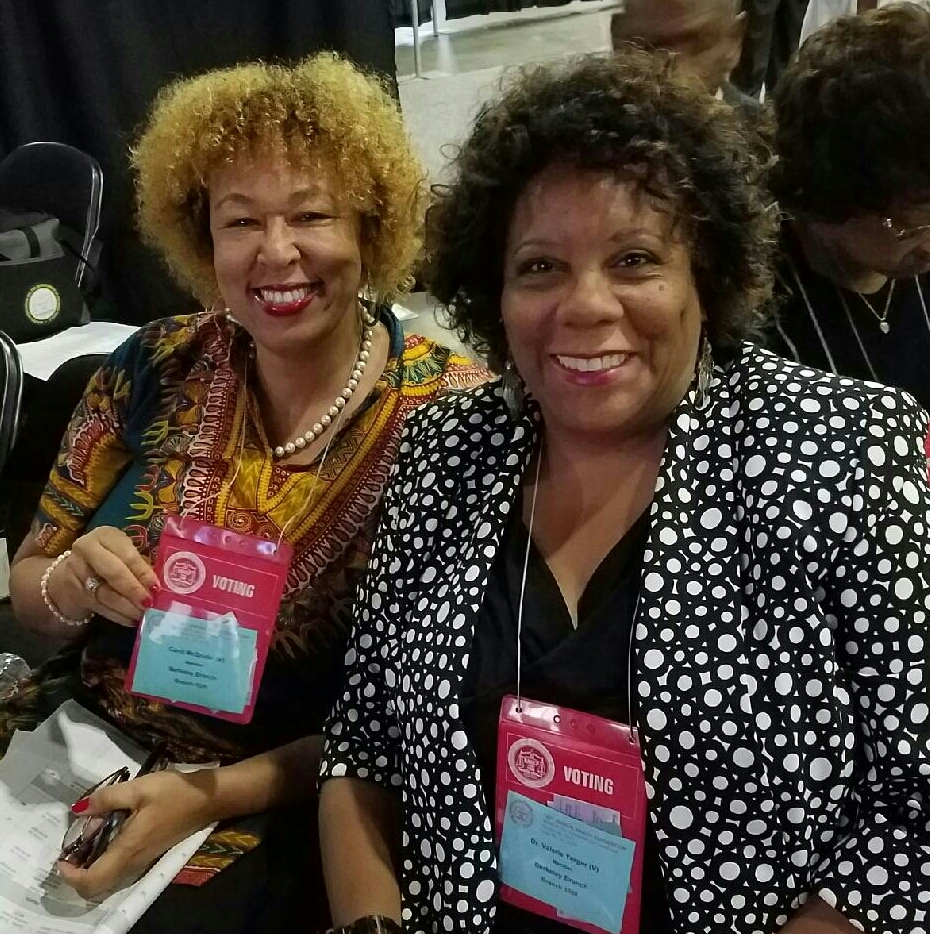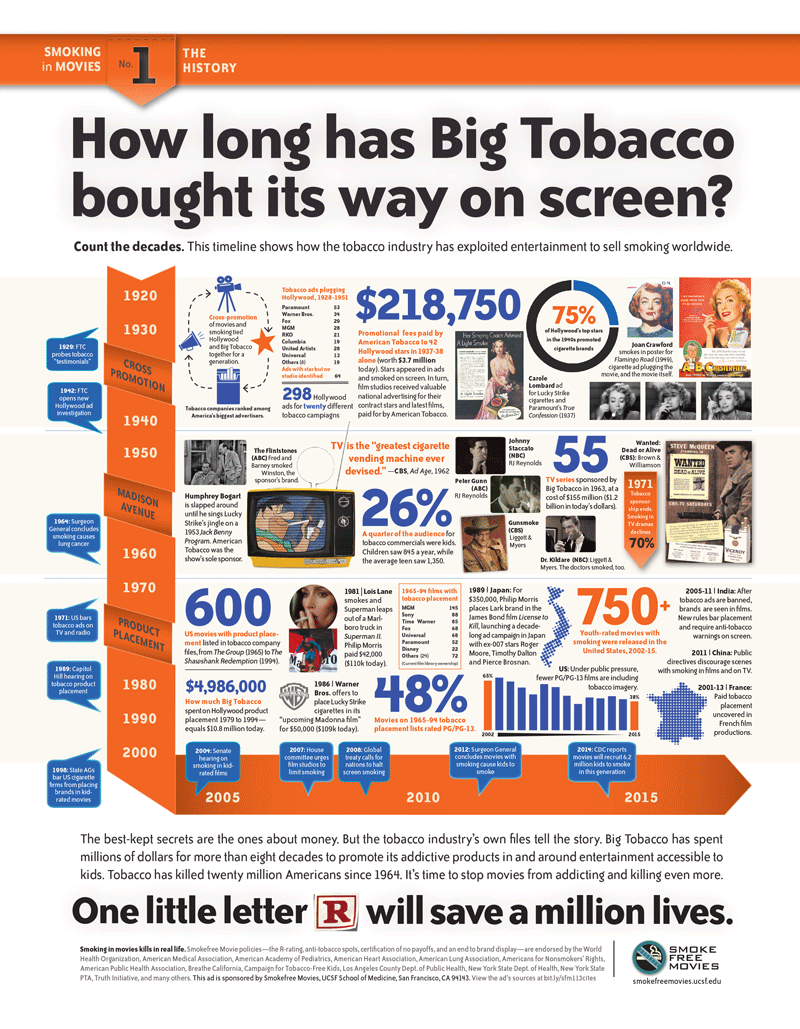July 25, 2016
Jan Czogala and colleagues just published “Secondhand exposure to vapors from electronic cigarettes” in Nicotine and Tobacco Research in which they measured the air pollution produced by e-cigarettes using both smoking machines and, more important, actual use by people in the same room.
They found, not surprisingly, that e-cigarettes pollute the air with nicotine and fine particles. This is what one would expect because, unlike conventional cigarettes, e-cigarettes do not generate any sidestream smoke because they do not smolder between puffs the way conventional cigarettes do. Because they do not burn tobacco, they do not put combustion products into the air.
July 19, 2016
This is a very important development, given all the money that Big Tobacco has thrown at African American leadership and media over the years.
I am particularly proud of the role that UCSF's Valerie Yerger (right) and Carol McGruder (left) have played in this effort.
Once less excuse that the Obama Administration has for blocking FDA action on menthol, too.

July 18, 2016
Our latest Smoke Free Movies, which runs in Variety and Hollywood Reporter this week, ad traces the relationship between Big Tobacco and Hollywood since the 1920's. Check out the ad and the details of the history at http://smokefreemovies.ucsf.edu/sfm-ads/ad-113

July 18, 2016
One of the things that make the discussion of e-cigarettes complicated is that no one knows precisely how the market will develop, how the advent of e-cigarettes will interact with cigarette use, and how dangerous e-cigarettes turn out to be.
Last year Sara Kalkhoran and I published a model that sought to address these issues by examining how different future scenarios would impact public health as a function of how dangerous e-cigarettes turn out to be. The modeling approach we took was to model the steady state situation after the new market is fully developed and stable. The broad conclusion that we drew was that, under the most likely future scenarios, the overall population effect of e-cigarette use would be positive if e-cigarettes are not very dangerous and negative if they are more than about 20-30% as dangerous as cigarettes.
July 15, 2016
Today the plaintiffs responded to the motion to dismiss in the national class lawsuit filed against the MPAA, the studios that control it, and the National Association of Theater Owners for fraud on the grounds that they certify films with smoking as "appropriate for children" despite knowing that smoking in movies causes kids to smoke.
The brief is all legal arguments, but it contains some great examples of statements that the MPAA made defending the unique value of the ratings system to parents for deciding what films their kids can watch in other cases that will likely help the plaintiffs in this case.
You can read the full filing here.
Learn more about the lawsuit here.
